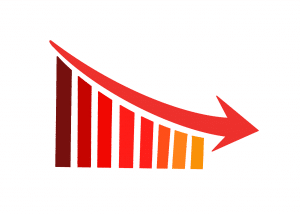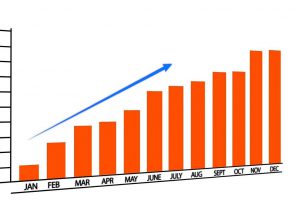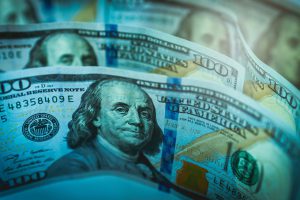While President Biden had a goal of getting 70% of Americans vaccinated by July 4th, the vaccination rate in the U.S. is still only around 60% for those ages 12 and up. That means we are currently unable to reach herd immunity; not only that, but the Delta variant of the virus is spreading rapidly, causing another wave of the pandemic, with hospitals in certain areas again being overwhelmed with Covid-19 patients. And despite many companies offering Americans incentives to get the vaccine, many unvaccinated people still won’t get the free shot – but refusing to roll up your sleeve could soon start affecting your wallet.
Growing Speculation

Health insurance companies have always reserved the right to deny coverage to or charge more for people who partake in risky behavior, such as rock climbing or smoking – in fact, some insurance companies even charge tobacco users up to 50% more for plans than what nonsmokers pay. Now there is speculation that insurance companies might penalize those who are unvaccinated by charging them higher premiums.
What is the reasoning behind the surcharge? Insurance companies argue that an unvaccinated person not only risks getting sick themselves, but can also infect others, leading to expensive medical bills; to help cover those extra costs, insurance companies feel that unvaccinated people should pay higher premiums for engaging in what they see as risky behavior. Experts speculate that insurers haven’t started raising rates for unvaccinated people yet because the vaccine is still only authorized for emergency use and has not yet received full approval from the FDA.
Employer Mandates
The low vaccination rates in some areas of the country are also causing problems for employers, and so many have been offering incentives to employees to encourage them to get vaccinated. On the other hand, some are considering penalizing employees, and are looking to charge them anywhere from $20-$50 more per paycheck for health insurance.

“Because of the emergence of the Delta variant and because vaccination levels have stalled out with employers, they’re trying to take some more ‘stick’-type measures rather than the incentive,” said Wade Symons, a partner at Mercer Health, a benefits consulting firm. “They’re looking for something that’s going to move the needle, and they’re looking at a surcharge as a potential option for that.”
Employers see these measures as not just a way to get employees vaccinated, but a move to help them save money. “Unvaccinated individuals have potential to cost the employer more from a health care spend perspective,” Symons told CBS MoneyWatch. “They could get Covid and incur expensive hospital costs up to $50,000 for an individual with a tough Covid case.”
Once the vaccine gains full approval from the FDA, employers can make the vaccine mandatory.
Both health insurance companies and employers who contribute to health insurance premiums want to save money, so in a push to get more people vaccinated, the time will most likely come when they make people who refuse to get the vaccine pay more in premiums. As of now, surcharges are only being talked about, but once the vaccine gets fully approved, they could become reality.












